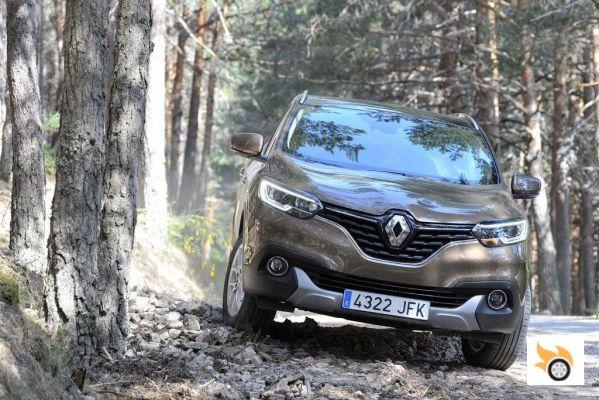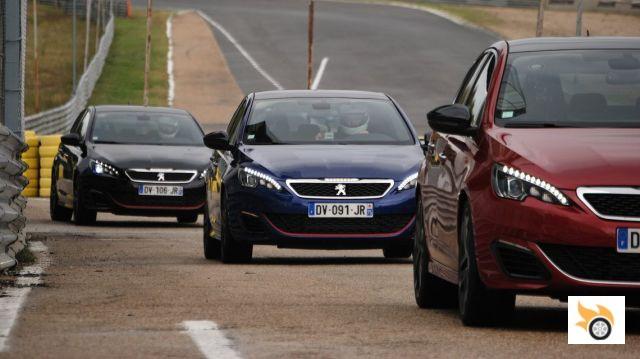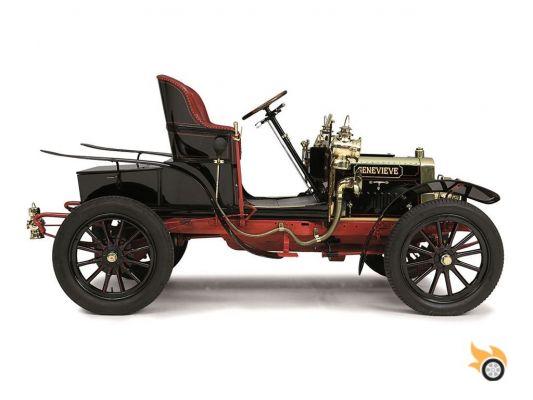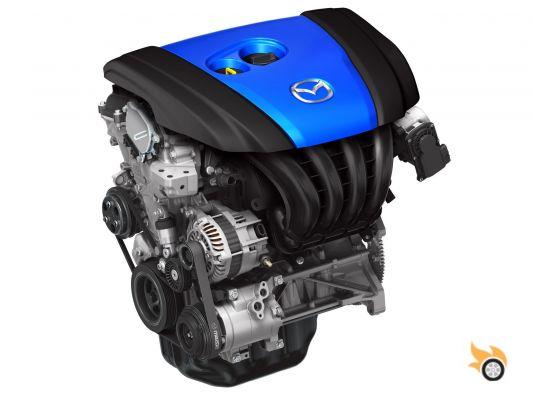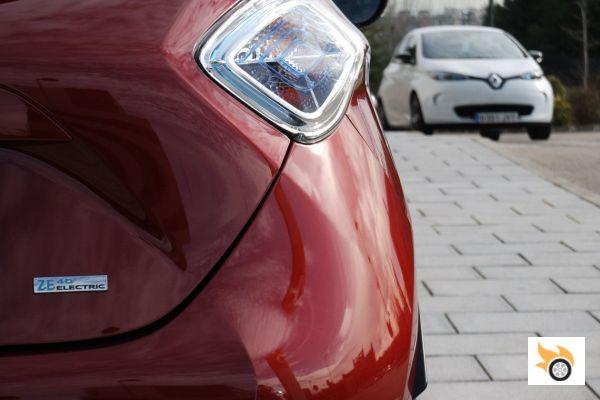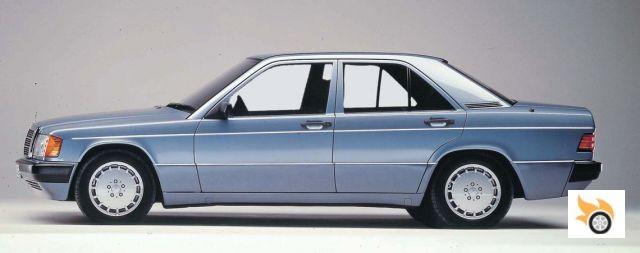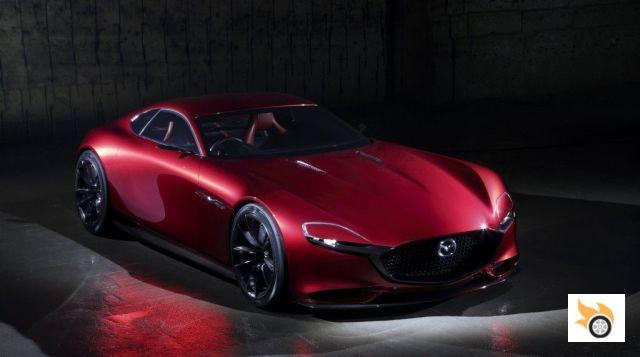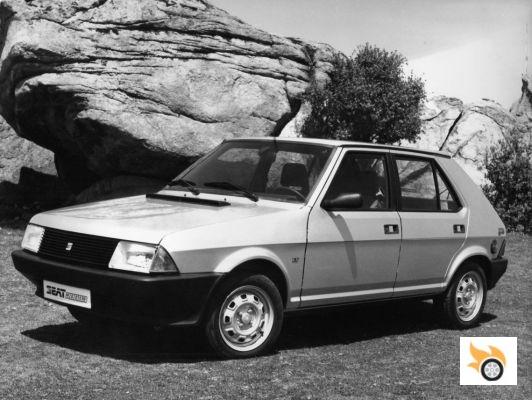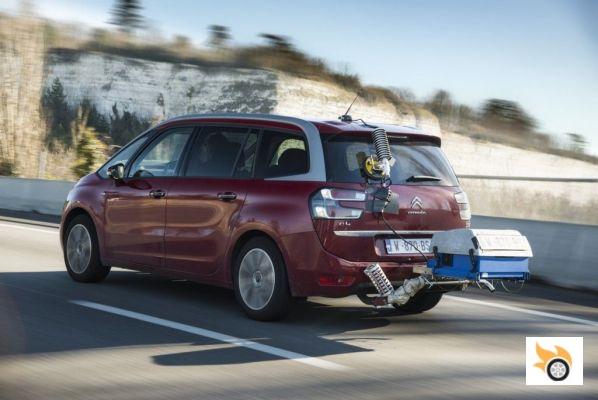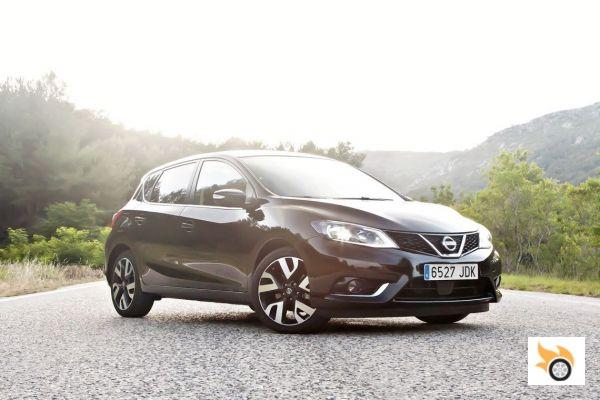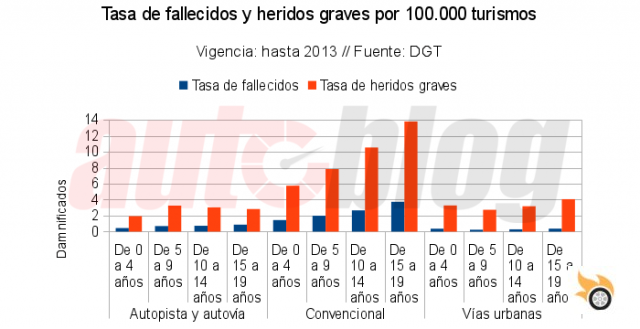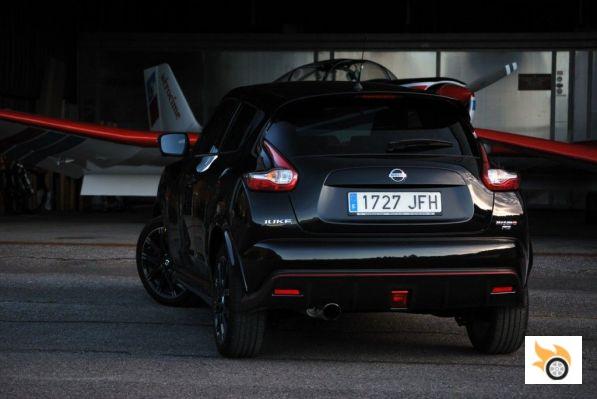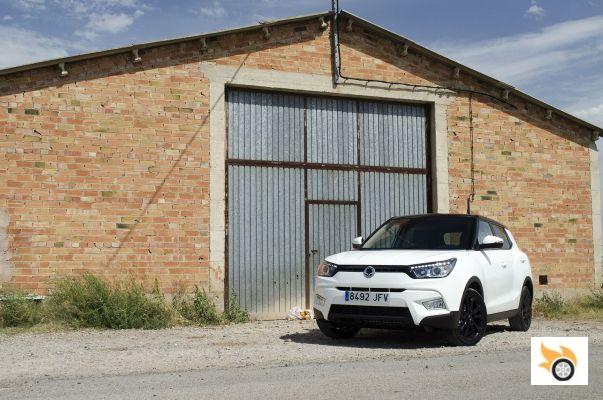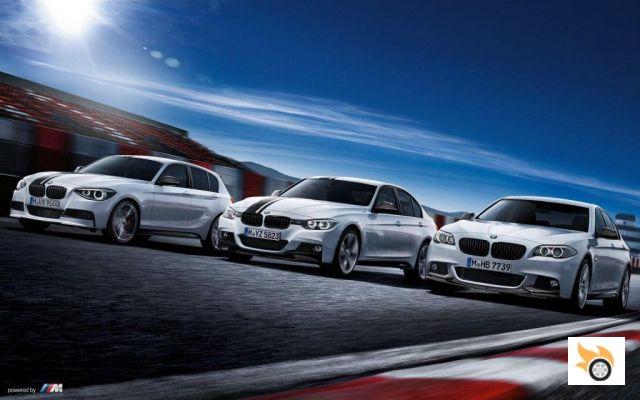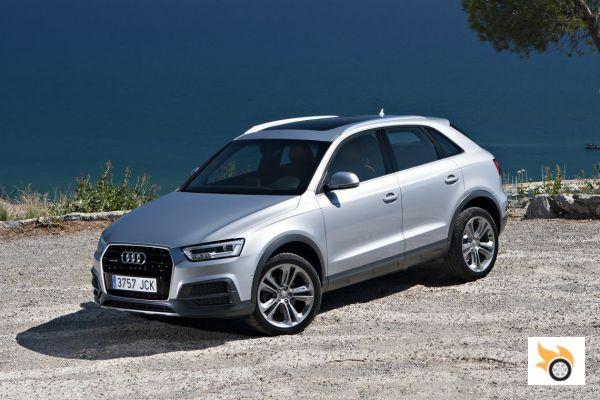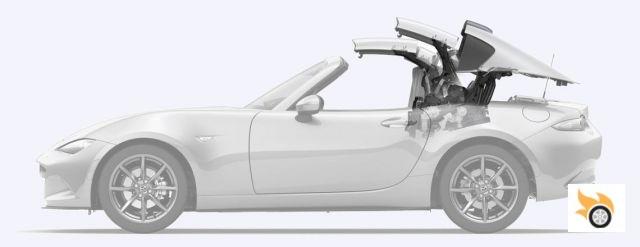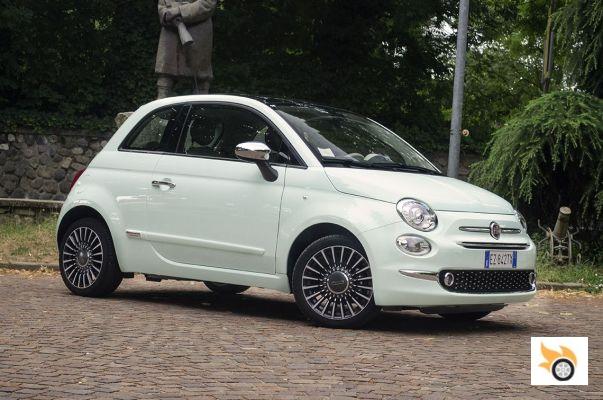If we go back to the early days of electric cars, when they were a means of transport for upper class people, they lost the competition against thermals (petrol) because of Henry Ford's assembly line production and the invention of the electric starter a few years later. The electric cars went to hell. It was the beginning of the 20th century.
In the second great era of electrics, since the Zero Emission Mandate in California forced car manufacturers to produce them, there was great hope. A mixture of political lobbying, lack of commercial offerings -they were cessions, not sales-, a very cheap barrel of oil and the lack of support from the manufacturers themselves condemned them once again. A few survivors are still working in the hands of those who kept them, the rest of them went flat. It was the beginning of the 21st century.
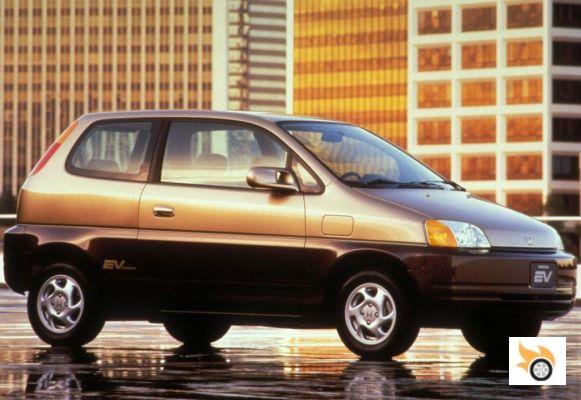
This time it will be very different, because electric cars are already on their way to being a totally viable alternative to the traditional car on their own, but two factors have to come together. On the one hand, there's autonomous driving, and on the other, car sharing. The combination of all three is explosive, because it puts the traditional car ownership model at risk even on a cost level. By 2020, Bloomberg New Energy Finance estimates that the total cost of ownership of fleets of shared combustion and electric cars will equalize by 2020, and by 2025 will equal that of a privately owned car.
For a moment, put your mind at ease and think to yourself how much it costs you to have a car at your disposal at any time, and own it. You have to add up the monthly payments (plus interest), insurance, maintenance, taxes, maybe a garage space, etc. That's a lot of money. It won't be much smarter, for the same money - or even less - to order an autonomous electric car to come and pick us up and take us to the door where we indicate. If that ends up being cheaper, owning our own car makes less sense.
This vision of transport is fundamentally viable in densely populated areas, where there is justification for a fleet of cars driving around taking people from one place to another, in the same way that in Madrid there are thousands of taxi ranks and in a town there may be one or none. However, most of the world's population is still concentrated in large centres, so this vision of transport is quite rational and economically interesting.
Soon there will be more than 1,500 electric cars for rent per minute in Madrid, adding the fleets of Car2Go (Daimler), Emov (PSA) and Zity (Renault). Yes, you drive them
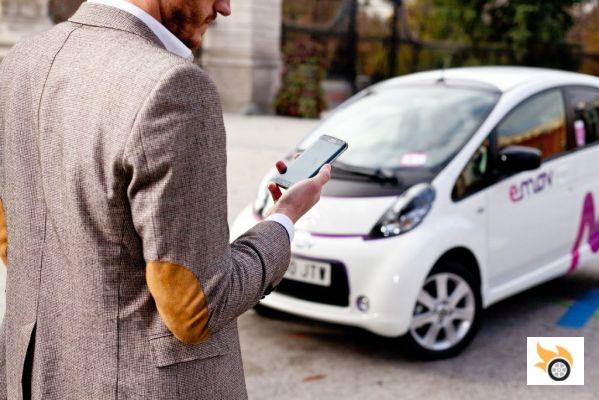
Private cars will continue to be necessary outside of these hubs, or to move between more disparate areas, or directly speaking in areas of the world where none of this is viable right now. However, the fact that so many electric cars are taking people from one place to another has a consequence: less thermal vehicles are used to move people, so oil consumption goes down (and so does pollution). Moreover, some predictions - not OPEC's - estimate that demand for oil will fall so much that the barrel will collapse long before extractable reserves run out.
In other words, we won't run out of oil, we'll get "bored" of it, and it will be used more in petrochemicals (e.g. plastics).
But why go electric? There is a good reason, while an internal combustion engine usually has more than 130 moving parts (a four-cylinder), an electric motor has three. Electric machines have a much higher tolerance to continuous use, that's why they are used in railways, mining trucks or suburban trains. Batteries are a bit more sensitive to intensive use, especially if fast charges are abused, but in the meantime we have a very tough mechanical combination for -at least- 200,000-300,000 kilometers. And if they are self-employed, there are no breaks, no holidays, no temporary disabilities that are worth (almost like a human freelancer, hehehe). They are only going to retire to load, when they need to.
This does not depend only on manufacturers, suppliers (such as Delphi or Bosch), technology companies (Uber, Lyft), etc. are also involved. In the contingency plans of manufacturers should be - unless they are more playful and passionate models - a huge drop in sales of the commonly called "transport appliances" sold to individuals. The SUV and crossover fashions still allow the motorist's pocket to be squeezed because they make him feel different and special. There will come a time when that will activate the sweat glands of our virile members, we won't give a damn.
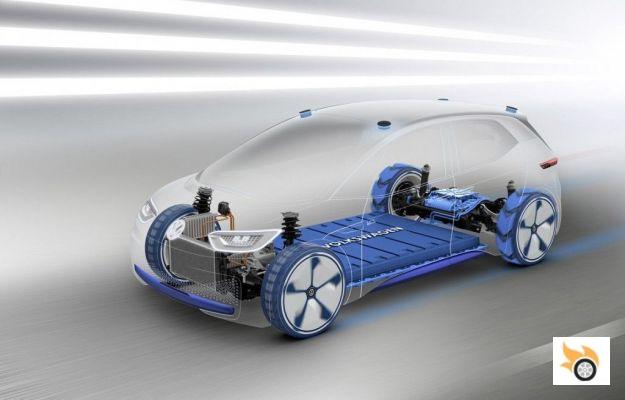
If you know anyone who brags, on arriving somewhere, about how much power the bus they got on had, or who designed the subway car that brought them there, let me know. The desirability attribute over the traditional car is going to go downhill, meanwhile, we are seduced by manufacturers with two-tone roofs, rims with cool designs, gadgets... We have to make the most of fashion because at a certain point none of that will matter anymore. Transportation will be revolutionized, in the same way that the economic ecosystem that set up the iPhone saga has changed our lives.
We are irrevocably approaching the historical peak of car production, certainly in developed countries, and they will start to plummet. Not so many people will need to have a private car, but to have their transport needs covered without having to bleed their pockets with fixed costs. If we complain about the cost of electricity, water or gas without having made any consumption, why have not we gone out with torches to the street to protest about what it costs to have a car for us?
Electric cars are already unstoppable, much to the chagrin of oil conspirators - real or imaginary - and other doomsayers. For the next two or three decades manufacturers will face a radically different business model. One of their lines will be recreational models -if anyone likes cars and can afford them-, another will be the manufacture of electric autonomous cars with collaboration agreements, spare parts for the existing fleet, restorations of historic cars... Of course, they will not be so concerned with filling the streets with SUVs and growing to the extent that they do now.
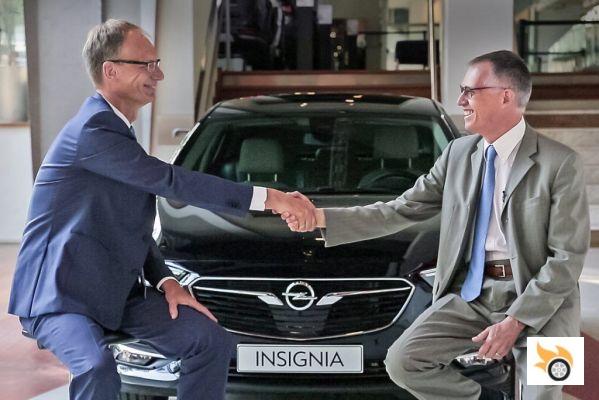
In a way the industry has seen the wolf's ears from afar and is in a process of consolidation, the big players are getting bigger and bigger, the mid-sized players are losing prominence or joining a big one, and the smaller ones will always survive with exotic, expensive and unique models. Will the autonomous, electric and shared car end up with Ferrari? That's just plain silly. Of course, it can bankrupt a manufacturer the size of Ford if it doesn't get its act together, something we can't say about the blue oval, because it's very interested in anything that sounds like a technological novelty.
So many things separately are not understandable, but together they make sense.
Before the approach of the automobile industry was that even the last corner of the earth had as many cars per inhabitant as the United States or Germany. That is unfeasible for the planetary resources, the space in the cities or our lungs. In the long term this industry will have to reconvert like many others in its history, is living the last best years and the fattest figures are reflected in their annual reports for shareholders and journalists. Later on they will move, but in a different way.
Now think about the brand of the last bus you got on, do you remember it? It probably slips your mind. Many people don't even care which taxi they get into. The same will happen with the autonomous car that takes you in 20-30 years to a date, you'll probably have been more concerned with looking at your social media on your phone while he drove you around, no feelings, no passion. A simple economic transaction and transportation. What's the point?
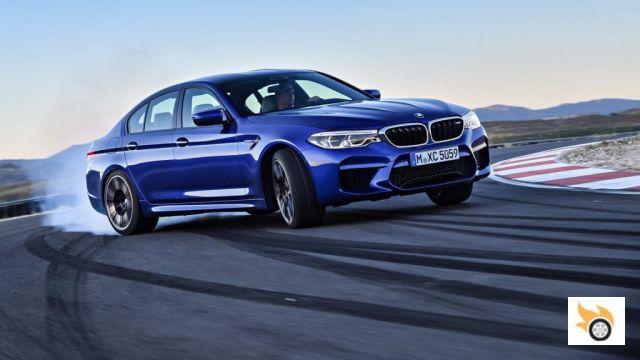
Is all lost? No, there will always be people who like to drive, and that brings us straight to BMW's immortal slogan. We'll have to see how much that pleasure will cost in a couple of decades, when economies of scale make it much harder to offer reasonable prices for enjoyable cars. Maybe the graphic example of the BMW M5 is too beastly, so let's think of something more affordable, like a Mazda MX-5, an Opel Corsa OPC or a Ford Focus ST. If they weren't produced in the volume they are, or weren't based on normal, untuned models, they would be much more expensive.
The models destined to pure enjoyment, if they don't share base or guts with common models, are not cheap. Here we have the example of the Toyota GT 86 or the Subaru BRZ, perceived as expensive in relation to other cars that are based on bestsellers. The lower the volume of a model, the more expensive it is to manufacture, because the fixed costs are less spread out. It would be impossible to sell the Renault Mégane RS at the price it sells for if there were no 100bhp diesel versions without sports kits. Nor is it necessary to go down to the level of Bugatti, scarce production, astronomical prices, because here we include other variables such as desirability, exclusivity and that - heck - they are luxury cars.
The automobile became affordable for ordinary people when it began to be mass produced, that's what happened in the happy 20's. History is cyclical, and we are going to start going backwards towards that moment, and possibly we will reach a point where the automobile is only a pleasure reserved for the wealthy and privileged. With a bit of luck, we'll all be dead by then.




